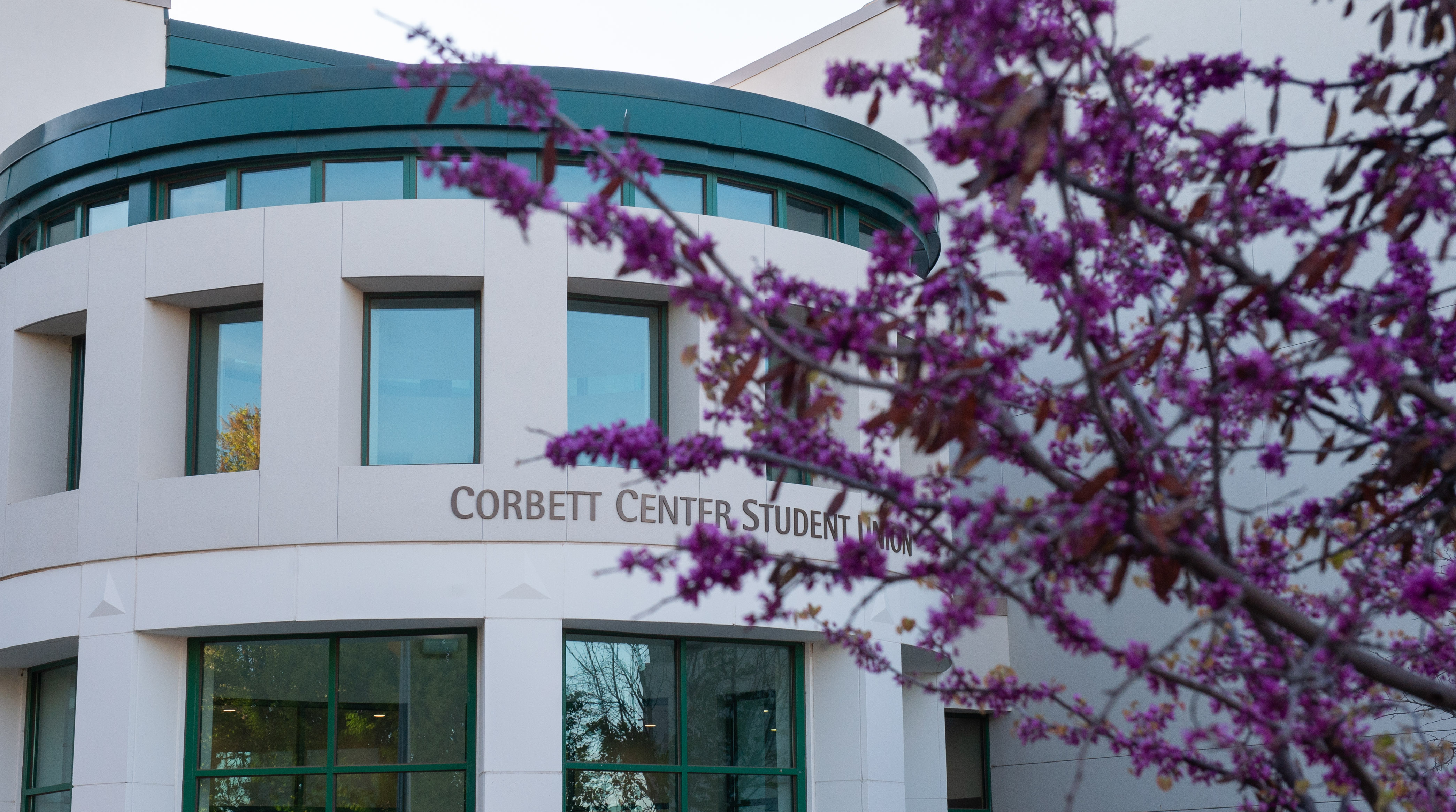New Frontiers Institute hosts 'Music in Flight'

In the 1930s, European conductors, musicians and composers who fled the Nazi regime found refuge and work in Latin America, forming national orchestras and conservatories, bringing lesser-known Latin American composers' work to the stage and reinventing local musical traditions.
Their relatively untold "musical stories" will be presented during the "Music in Flight: WWII European Refugee Musicians in Latin America, 1933-1945" at 7:30 p.m. April 22, at the Atkinson Recital Hall, sponsored by the Music Department and the New Frontiers Institute at New Mexico State University.
"It is a fascinating but completely unknown story, and we think that this program will be both enlightening and an enjoyable musical experience," William Eamon, dean of the Honors College, said. "Whether just to hear the music or to hear the stories, it will be a worthwhile evening."
The lecture-recital will feature members of the La Catrina Quartet, along with music professors Laura Spitzer, Lisa Van Winkle, Fred Bugbee and John Carlo Pierce. Weaving the stories of the exiles, Andrea Orzoff, senior fellow at NMSU's New Frontiers Institute and Associate Professor of History, will provide commentary about the European musicians who created the orchestras and new music.
"It's been really exciting to move beyond standard academic presentations into something interdisciplinary, combining historical narrative and music," Orzoff said.
The program emerged from Orzoff's book project, titled "Beethoven in Buenos Aires: Exiles, Refugees, Fugitives and the Politics of Music in Latin America, 1933-1960," which examines how the refugees joined Latin American composers to bring folk motifs and melodies into the classical canon. They learned the languages and navigated the delicate terrain of local xenophobia, anti-Semitism and accusations of elitism.
"One of the things that's fascinating about the project is that it tells us so much about how immigrants can enrich cultures -- obviously an important theme for where we live," Eamon said.
Few scholars have examined this set of transnational narratives, questioning migration and remigration, cultural diplomacy, international politics, transnational cultural networks, urban and musical culture and the redefinition of European identity in the New World.
"I hope they'll leave humming a tune or thinking about the stories they've heard and about the way human creativity responds to upheaval and novelty even in the most difficult circumstances," Orzoff said.
The event is free and open to the public.


